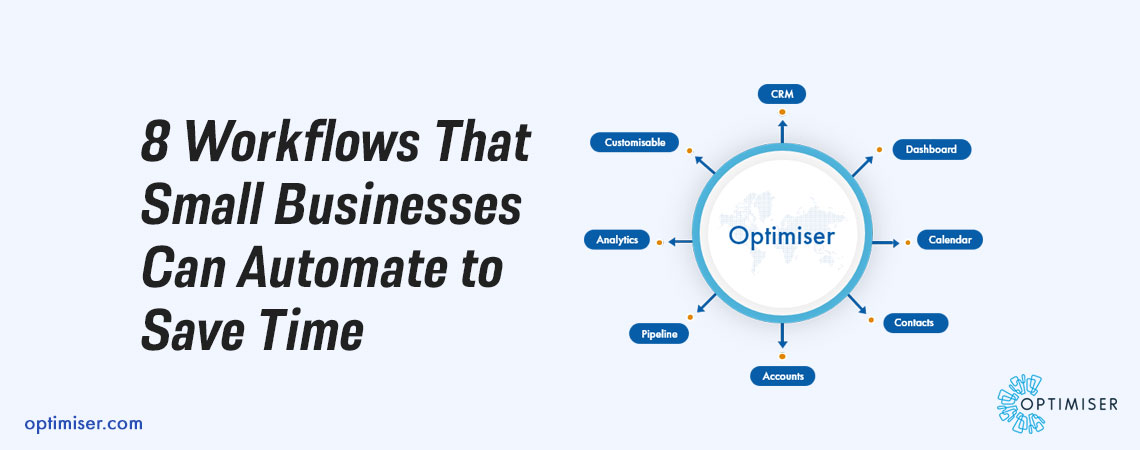Business automation tools that save time and money: Streamlining Efficiency and Boosting Savings

Delving into the realm of Business automation tools that save time and money, this introductory paragraph aims to provide a compelling overview of how these tools revolutionize processes and enhance financial outcomes.
Exploring the various types of automation tools and their cost-effective nature, this paragraph sets the stage for an informative and engaging discussion ahead.
Importance of Business Automation Tools

Business automation tools play a crucial role in streamlining processes within organizations. By automating repetitive tasks and workflows, these tools help improve efficiency, reduce errors, and save valuable time and money for businesses.
Tasks that can be automated
- Invoice processing and generation
- Email marketing campaigns
- Data entry and management
- Employee onboarding and offboarding processes
- Inventory management and tracking
Automation benefits
Automating these tasks not only speeds up the process but also minimizes the risk of human error. For example, automated invoice processing can ensure accurate calculations and timely payments, while automated email marketing campaigns can reach a wider audience with personalized messages.
Overall, business automation tools enable organizations to operate more efficiently and effectively in today's fast-paced business environment.
Types of Business Automation Tools

Business automation tools come in various categories, each designed to streamline and optimize specific processes within a company. Let's explore some of the key types of automation tools available in the market.
Customer Relationship Management (CRM) Tools
CRM tools are essential for managing interactions with current and potential customers. These tools help businesses track customer data, manage leads, automate sales processes, and improve customer relationships. Some popular CRM tools include Salesforce, HubSpot CRM, and Zoho CRM.
Project Management Tools
Project management tools are used to plan, organize, and manage projects efficiently. These tools enable teams to collaborate, track progress, allocate resources, and meet project deadlines. Examples of project management tools include Trello, Asana, and Monday.com.
Human Resources (HR) Automation Tools
HR automation tools focus on streamlining HR processes such as recruitment, onboarding, payroll management, and performance evaluations. These tools help HR departments save time, reduce manual errors, and improve employee engagement. Popular HR automation tools include BambooHR, Workday, and ADP.
Cost-Effectiveness of Business Automation
Implementing business automation tools can significantly save businesses money in the long run by streamlining processes, reducing human errors, and increasing efficiency.
Examples of Cost Savings Achieved Through Automation:
- Automation of repetitive tasks such as data entry can reduce the need for manual labor, saving on labor costs.
- Automating inventory management can prevent overstocking or stockouts, optimizing inventory levels and reducing holding costs.
- Automated email marketing campaigns can target customers more effectively, resulting in increased sales and revenue.
ROI of Investing in Automation Tools for Businesses:
Investing in automation tools can yield a high return on investment for businesses by:
- Increasing productivity and efficiency, allowing employees to focus on higher-value tasks.
- Reducing operational costs through streamlined processes and reduced errors.
- Improving customer satisfaction and retention through personalized and timely interactions.
- Enhancing scalability and flexibility to adapt to changing market demands.
Time-Saving Benefits of Business Automation

Automation tools play a crucial role in saving time for employees by streamlining repetitive tasks, allowing them to focus on more strategic and value-added activities. Let's explore how automation can result in significant time savings and efficiency gains in various business scenarios.
Increased Productivity and Efficiency
Automating routine tasks such as data entry, document processing, and report generation can save employees hours of manual work each week. For example, by using automated email marketing software, businesses can schedule and send personalized campaigns to targeted customer segments without manual intervention.
This not only saves time but also ensures timely delivery of marketing messages, leading to increased engagement and conversions.
Improved Accuracy and Consistency
Automation tools eliminate the risk of human error that often accompanies manual tasks. For instance, automated inventory management systems can track stock levels, update records in real-time, and generate purchase orders automatically when inventory reaches a specified threshold. This not only saves time spent on manual inventory checks but also ensures accurate stock management and prevents stockouts or overstocking.
Seamless Workflow Integration
By integrating different software systems and applications through automation, businesses can create a seamless workflow that reduces manual handoffs and delays. For instance, a customer relationship management (CRM) system integrated with an automated billing platform can automatically generate invoices based on customer interactions and purchase history.
This integration streamlines the billing process, saves time on manual invoicing, and improves billing accuracy.
Personalized Customer Interactions
Automation tools can analyze customer data and behavior to deliver personalized interactions at scale. For example, chatbots can provide instant responses to customer queries, freeing up customer service agents to handle more complex issues. By automating customer support processes, businesses can enhance customer satisfaction, resolve issues faster, and save valuable time for both customers and employees.Overall, business automation tools offer a wide range of time-saving benefits by optimizing processes, eliminating manual tasks, and improving efficiency across various departments and functions.
Closing Notes
Wrapping up our discussion on Business automation tools that save time and money, it's evident that these tools not only optimize operations but also lead to substantial cost savings. The potential for increased efficiency and reduced errors makes them a valuable asset for any business looking to thrive in a competitive landscape.
FAQ Resource
What are the key benefits of using Business automation tools?
Business automation tools can streamline processes, reduce errors, improve efficiency, and ultimately save time and money for businesses.
Which tasks can be automated with these tools?
Tasks such as data entry, customer relationship management, project management, and HR processes can be automated using these tools.
How do automation tools save businesses money in the long run?
By reducing manual labor, minimizing errors, and increasing efficiency, automation tools contribute to significant cost savings over time.
Can you provide examples of cost savings achieved through automation?
Businesses have reported cost savings in areas such as reduced labor costs, improved resource allocation, and decreased operational expenses thanks to automation tools.
What is the ROI of investing in automation tools for businesses?
The ROI of investing in automation tools is high, as businesses can experience increased productivity, cost savings, and improved operational efficiency, leading to a positive financial impact.

